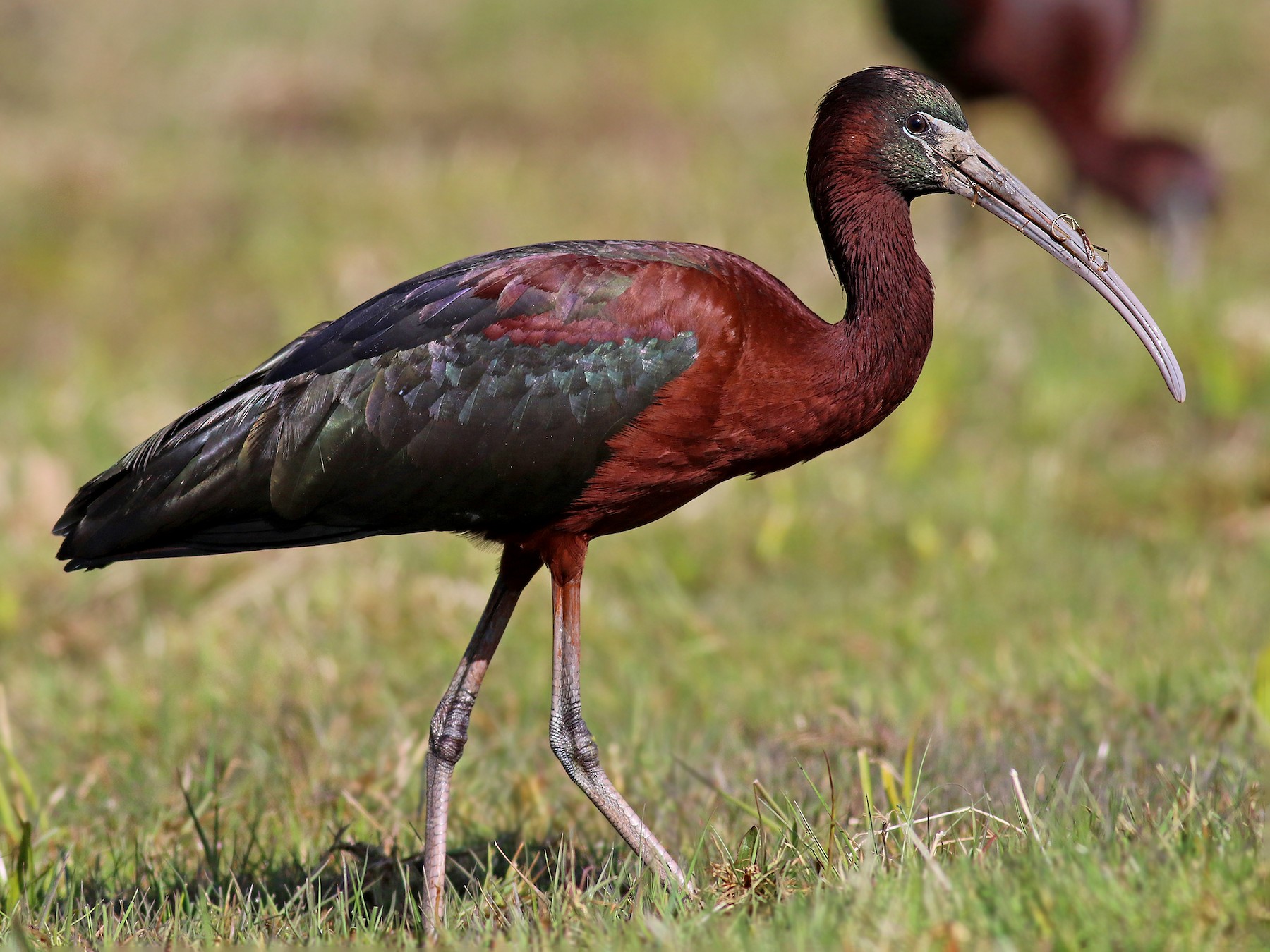Wetlands
Define invasive plant.
Invasive plant species are non-native to particular ecosystems and the introduction of them is likely to cause “economic or environmental harm or harm to human health,” according to the National Invasive Species Information Center.
Define watershed.
A watershed is the area of land that drains precipitation to a particular body of water. Can range in size from a few acres to millions of acres.
T or F: A baby turtle (after hatching) is called a nymph.
False. A baby turtle is called a hatchling.
Name 3 birds that can be found at John Heinz NWR.
tree swallow, barn swallow, red-tailed hawk, osprey, turkey vulture, bald eagle, tufted titmouse, downy woodpecker, carolina chickadee, house wren, american robin, northern cardinal, gray catbird, red-winged blackbird, black-and-white warbler, marsh wren, great egret, great blue heron, bufflehead, common merganser, canada goose, northern shoveler, northern pintail, mallard.....
The first and last name of the Refuge Manager.
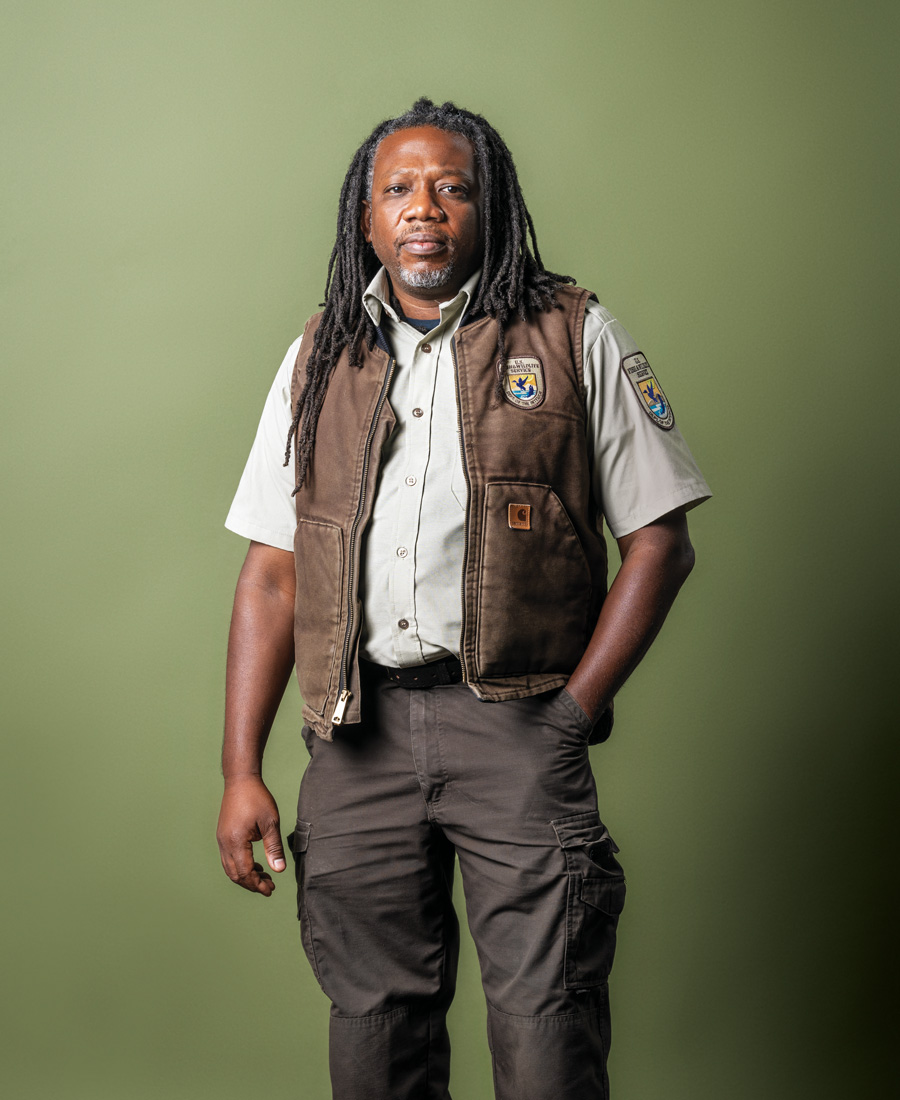
Lamar Gore.
The difference between invasive and non-native plants.
Both are non-native to an environment, but invasive plants do or are very likely to cause ecological harm, while non-native plants don't necessarily pose a threat to the ecosystem, even though they may not be as beneficial.
What does GSI stand for? Hint: Here is an example.
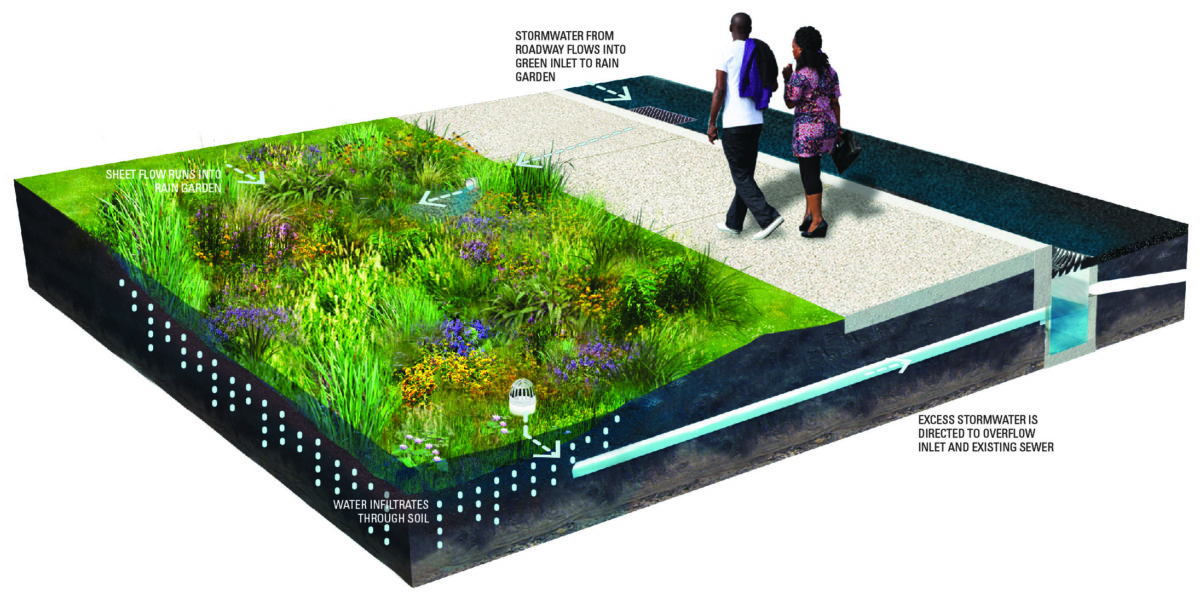
Green Stormwater Infrastructure.
T or F: This stage of the frog lifecycle is called a froglet.
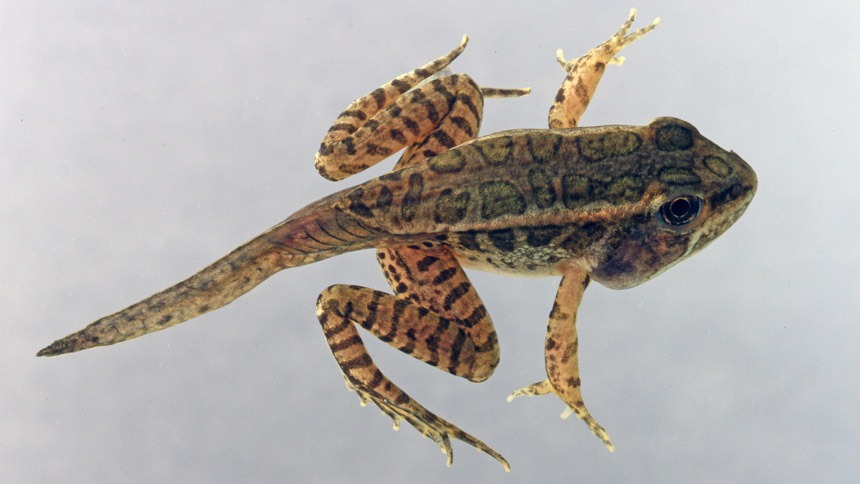
True.
Name two native turtle species at John Heinz NWR.
snapping turtle, eastern musk turtle, painted turtle, eastern box turtle, northern red-bellied.
Translate this Lenape word "Wanìshi."
thank you
What large tree was at Chester Ave (Community partner - Stephanie)?
Hardy orange/ trifoliate orange tree
2-part Bonus: Is this tree native or non-native, and is it invasive or non-invasive?
Name 3 functions of wetlands.
A resting place for migratory birds, cleans water, provides habitat, slows down water flow and temporarily stores water, detoxifies chemicals, safe place for wildlife young, protects against erosion, source of nutrient-rich foods, stores carbon, recreation.
Percentage of water on Earth that is saltwater.
About 97%.
Identify this bird, a statue of which can be found at the entranceway bridge to the VC.

Belted kingfisher (must say full name).
Number of acres in John Heinz NWR that are freshwater tidal marsh.
Between 200 and 300 (naming any number within this range counts).
Name this plant.

Porcelain berry. Bonus: Is it invasive, non-native, or native?
Name the specific type of wetland that John Heinz is.
Freshwater tidal (have to say both).
Name the 3 gases that contribute most to climate change.
carbon dioxide, nitrous oxide, methane
Name the country / countries of origin of the snakehead, a fish considered invasive to the U.S.
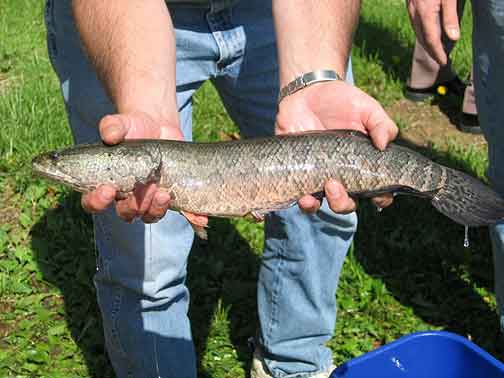
China, Korea, Russia (naming any of the three will count).
The number of federally recognized Indigenous tribes in PA.
0.
What kind of invasive plant is at John Heinz that is from Asia?
Oriental Bittersweet
Name the number one method through which watersheds & wetlands become polluted. This is also the greatest contributor to pollution.
Stormwater runoff.
The percentage of the human brain that is water.
About 73 to 80%.
Name this bird, which can be found at John Heinz NWR.
Glossy ibis.
Original amount of acres of freshwater tidal marsh of John Heinz NWR.
5000 (within 500 is acceptable).
